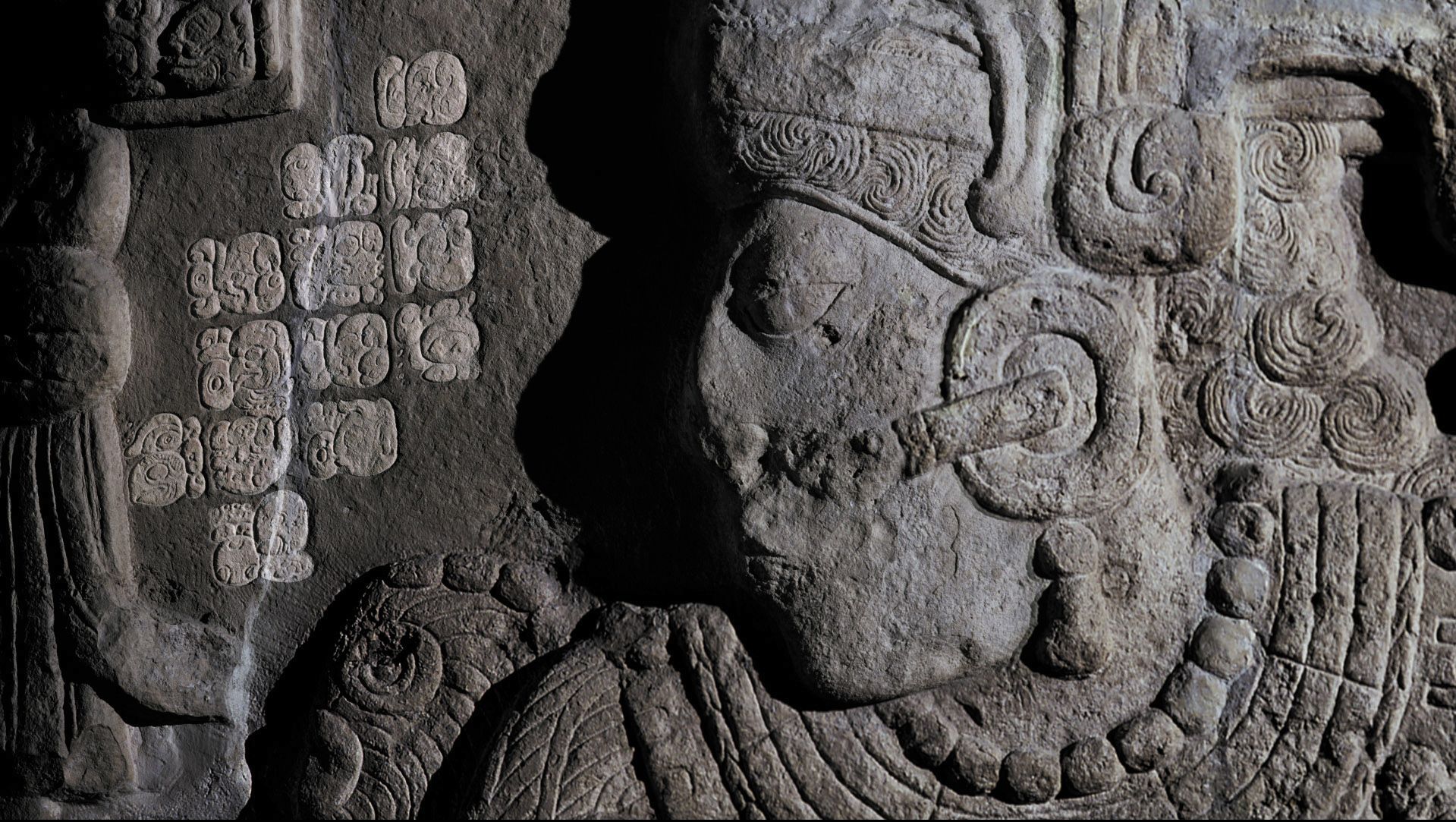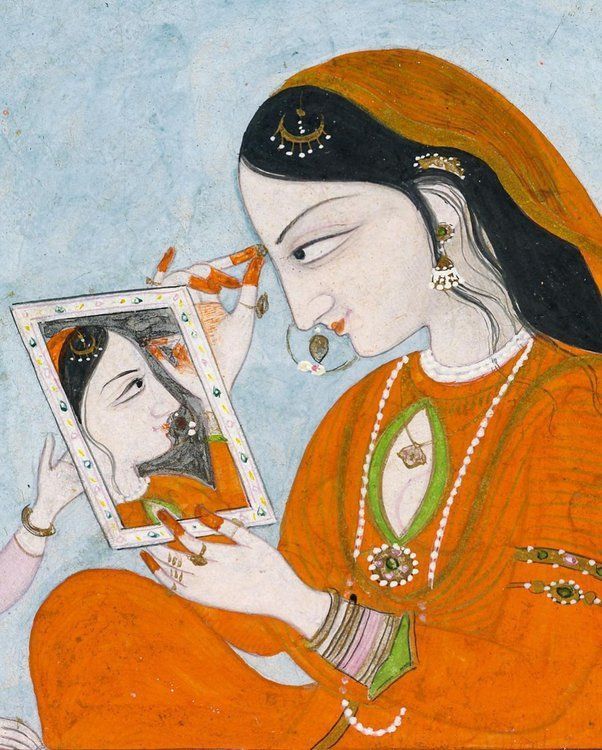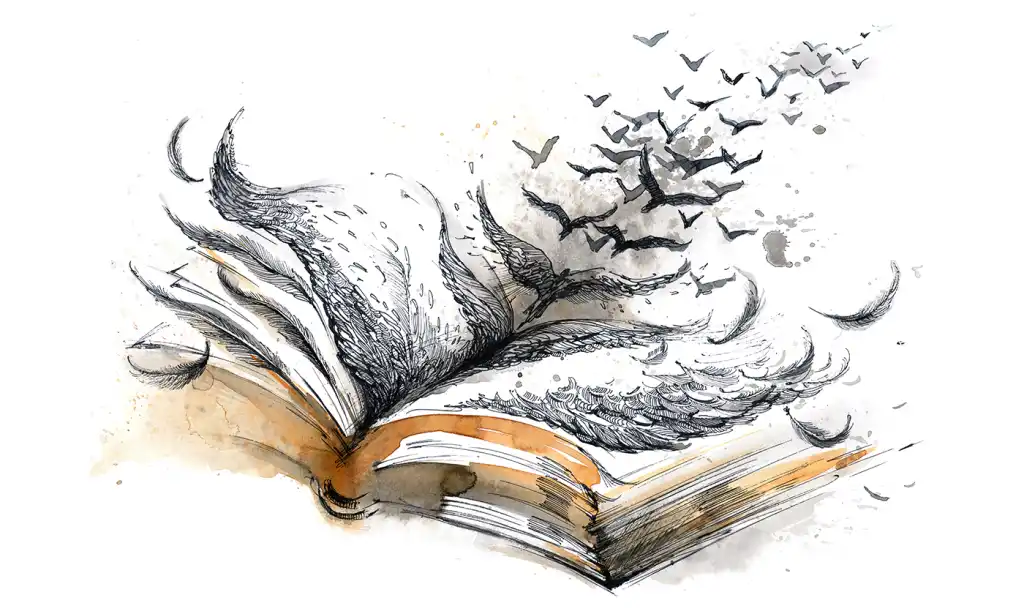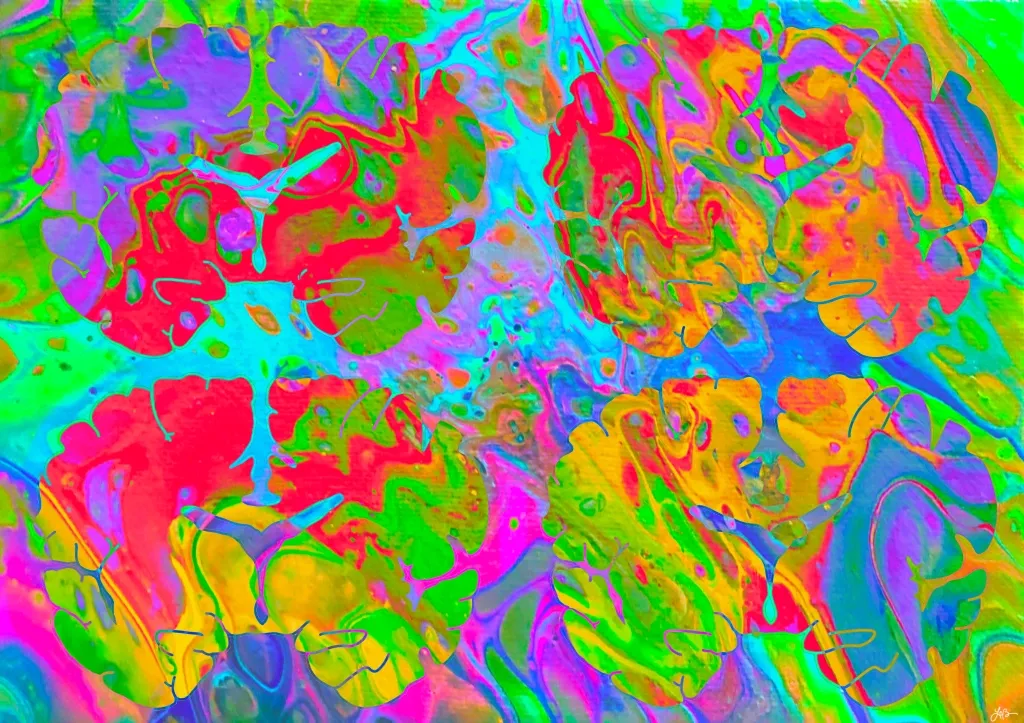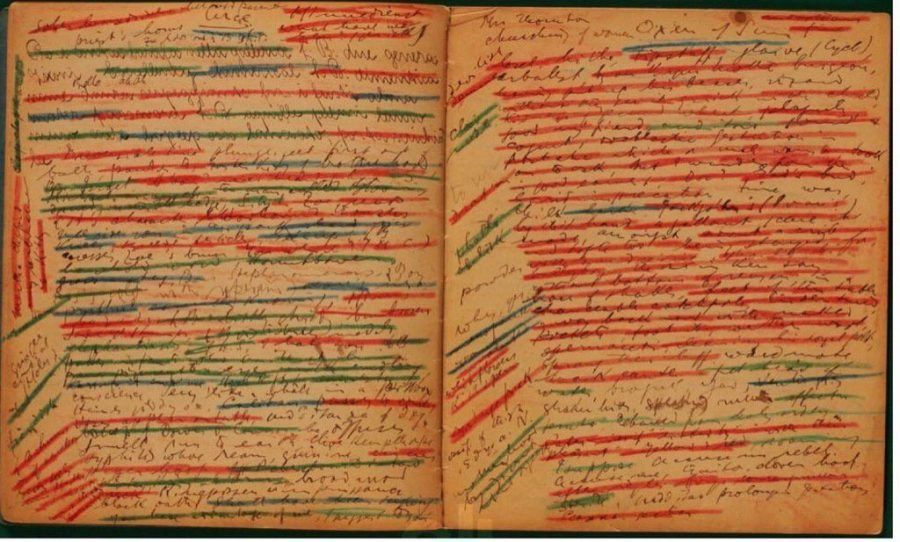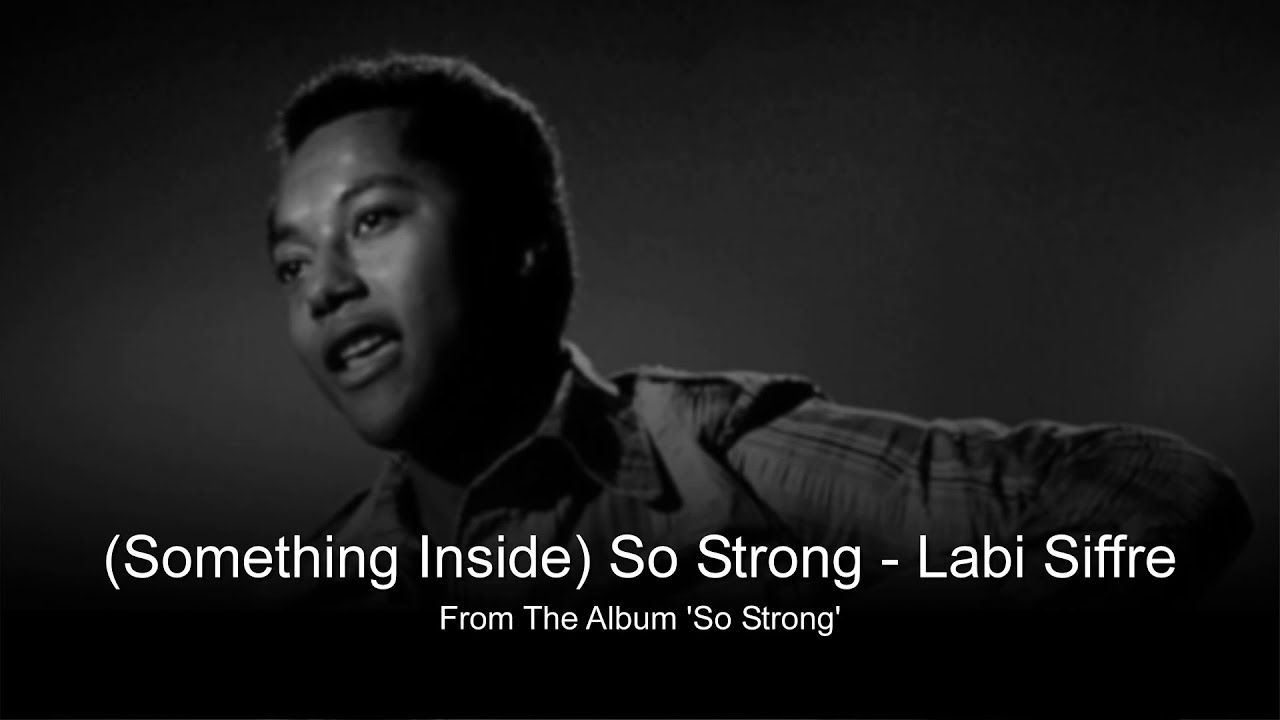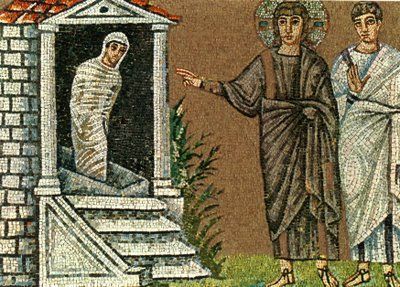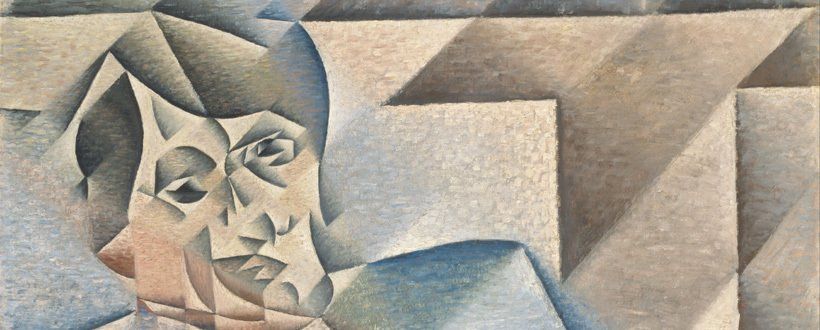ToK Essay Titles Nov 2021 Prompts 5 & 6: Part 2
Certainty and confidence: thinking about methodology
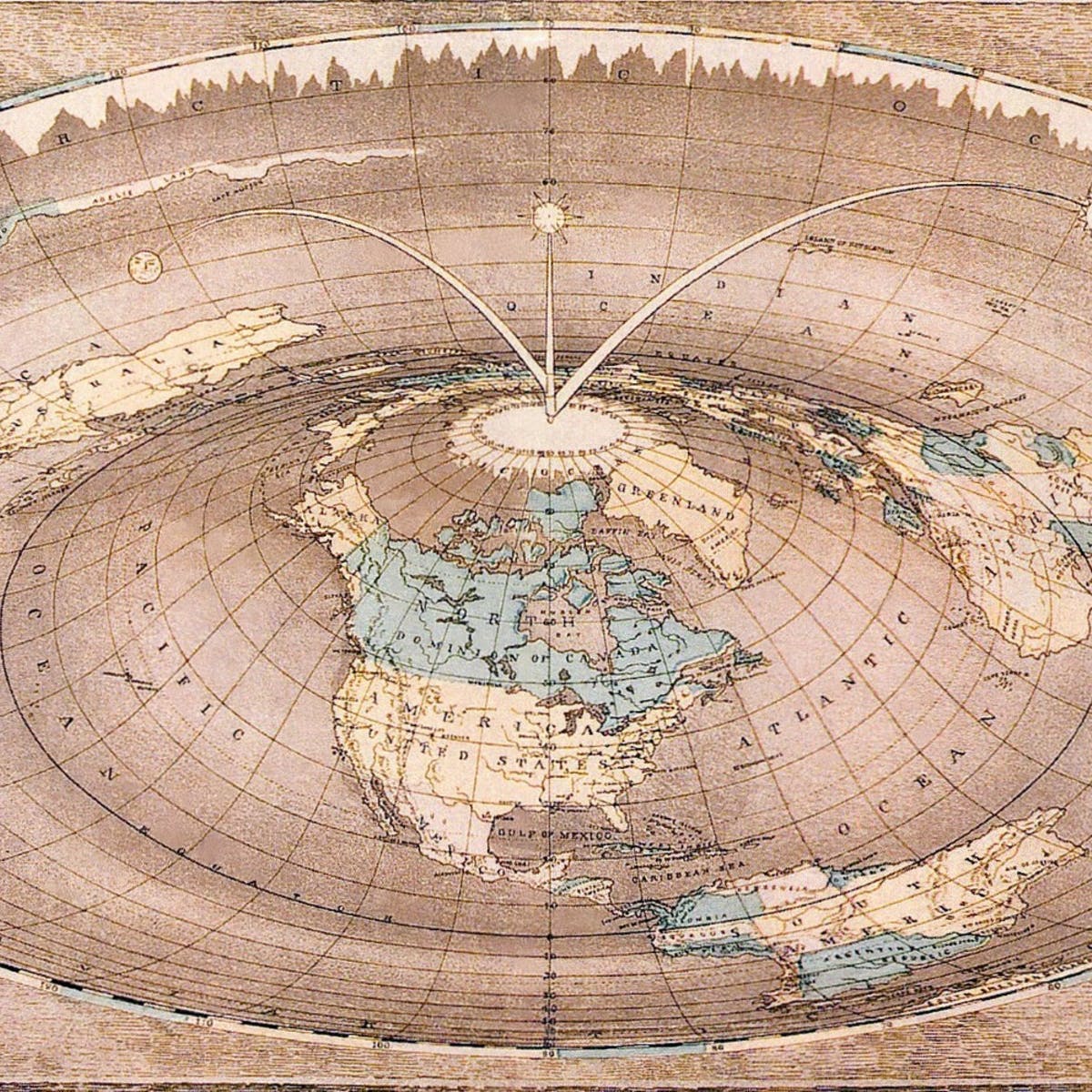
So how do we untangle this potential problematic knot in our concepts?
The idea is that knowledge has both a subjective and objective element to it. That is, knowledge exists on a ‘spectrum’ – a sliding scale, if you like – of objective reason and subjective emotion; of certainty and confidence which do not always go in the same direction.
That is, someone can claim to know something with a high level of confidence but this can be demonstrated (objectively) to be highly doubtful or uncertain. A recent (ancient) example is the knowledge claim that the earth is flat. Now, a ‘Flat Earther’ may not believe, or even accept, the evidence you present to justify the alternative view but, nevertheless, the point remains: according to the available empirical evidence, gathered, tested and peer reviewed by disinterested experts, it is highly improbable that the Earth is, in fact, flat, no matter how much we may, according to definition 2 of ‘certainty’, be ‘subjectively certain’ that it is flat. So you see, in this example, confidence and certainty move in opposite directions. We can have a high level of confidence in knowledge without its necessarily being accurate or true. Whatever it is that is driving a Flat Earther’s confidence levels, it isn’t the same thing that’s driving the certainty level of the knowledge claim.
Now in the last passage, we used some terms that hint at the factors which drive the certainty of scientific knowledge. For example, ‘empirical’, which means that the kind of evidence that helps drive the ‘certainty level’ toward truth and accuracy needs to be observable by means of human perception. However, we know in our TOK studies on optical and aural illusions, that perception is not always reliable and can lead us to create a distorted map of the world. Our further studies on the ‘map metaphor’ will have reinforced this idea. This leads to a bit of a paradox: even though we know that our senses aren’t fully trustworthy, they allow us, in a scientific context, to produce knowledge claims of which we can and are certain. However, in this context at least, we must think of the truth of knowledge, and our certainty of it, in terms of ‘probabilities’.
The next term was ‘experts’. These trained knowers work individually and in groups to establish – ‘justify’ – knowledge, so as to establish the certainty of knowledge by means of various methodologies. Statistical analysis is one of these methods which enables experts to establish – wait for it – ‘confidence levels’ or ‘error bars’ when judging the truth of scientific knowledge. In this way, scientific knowledge can give us simultaneously ‘objectively certain’ knowledge about which we can be equally ‘subjectively certain’ or confident.
Another key term – testing’ – implies the use of the ‘falsification principle’. That is, the job of a scientific expert is never really to ‘prove’ or support a hypothesis with the available evidence. The problem of induction makes this difficult. An expert’s job is to design experiments to disprove a hypothesis. If a hypothesis can withstand such attempts at refutation – by the designer of the experiment as well as in peer review – then it is accepted into the scientific community with an element of certainty and confidence. For now.
These are just a couple of aspects of the overall scientific method. The main engine that drives this method is the ‘disinterested’ or ‘skeptical’ questioning by scientific experts of what we know already as a means of discovering new knowledge and refining or rejecting old knowledge. One of the key effects of this process is that scientific knowledge is always (Prompt 5) provisional and experts never seek complete (Prompt 6) – or 100% certainty – but only desire to be ‘certain enough’. The aim is to cultivate a healthy level of doubt about knowledge as a check or balance for overconfidence. You never know, even the experts can be mistaken…






